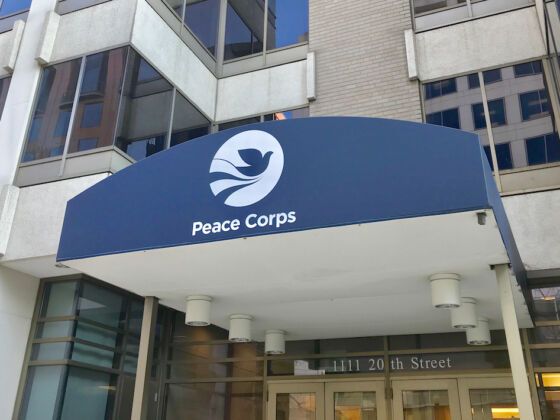MATADOR ASSOCIATE EDITOR JoAnna Haugen served in the Peace Corps. For those interested in applying to the Peace Corps, she gives insider advice about how to make the most of the application process.
Serving in the Peace Corps is a two-year commitment on the part of both the volunteer and the U.S. government. It requires time, finances, and a sincere interest to embark on a long-term volunteer career, and in order for a volunteer to be most effective, it is important the application process be taken seriously.
According to the Peace Corps website, the application process generally takes six months to a year, but it can take much longer in some instances. Regardless of how long the process takes, realize that going through the paperwork, interviews, and appointments while applying for the Peace Corps is good practice in patience and flexibility—both of which you will need to perfect before beginning your service.
Here is what you can expect if you apply:
